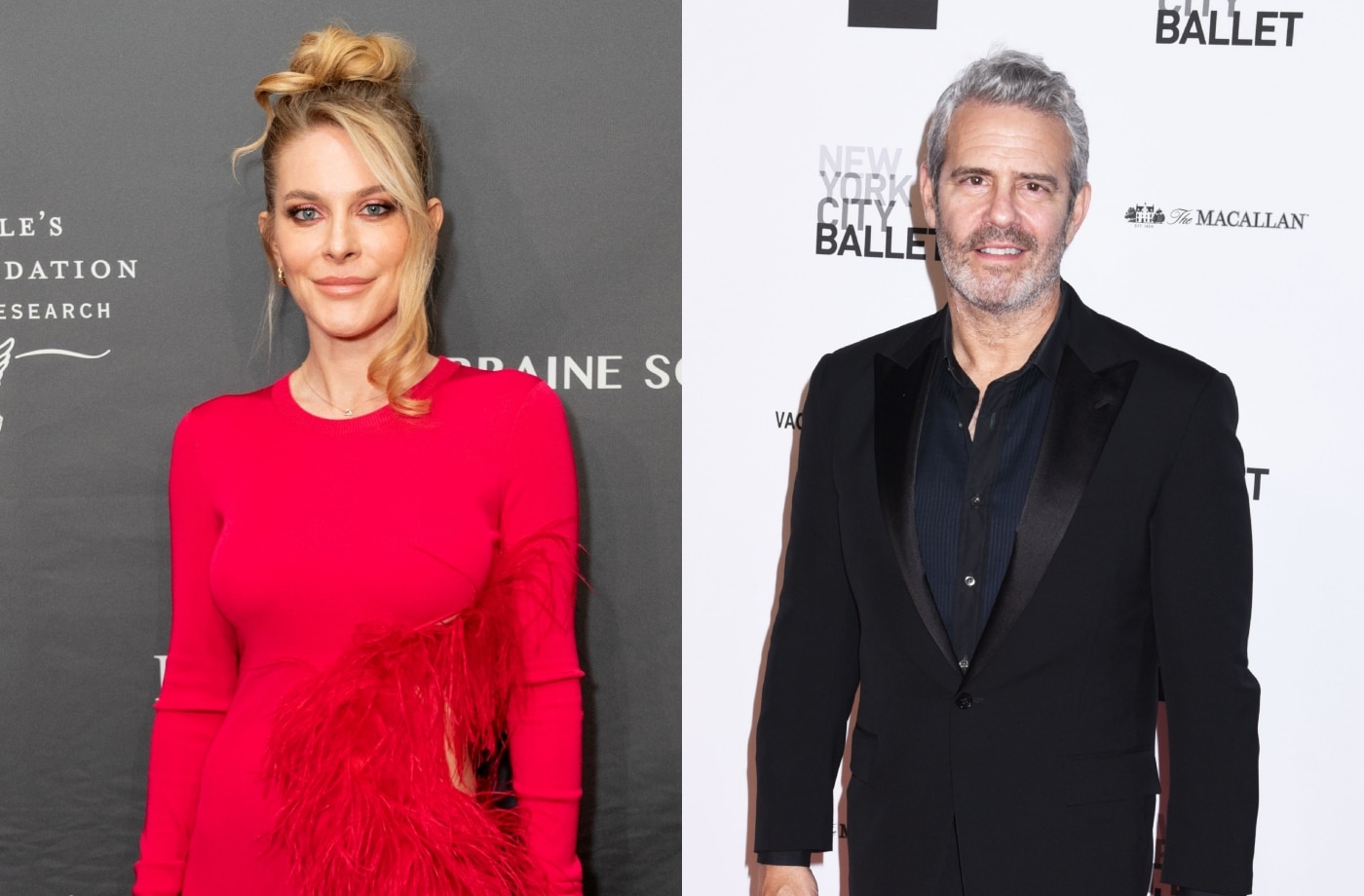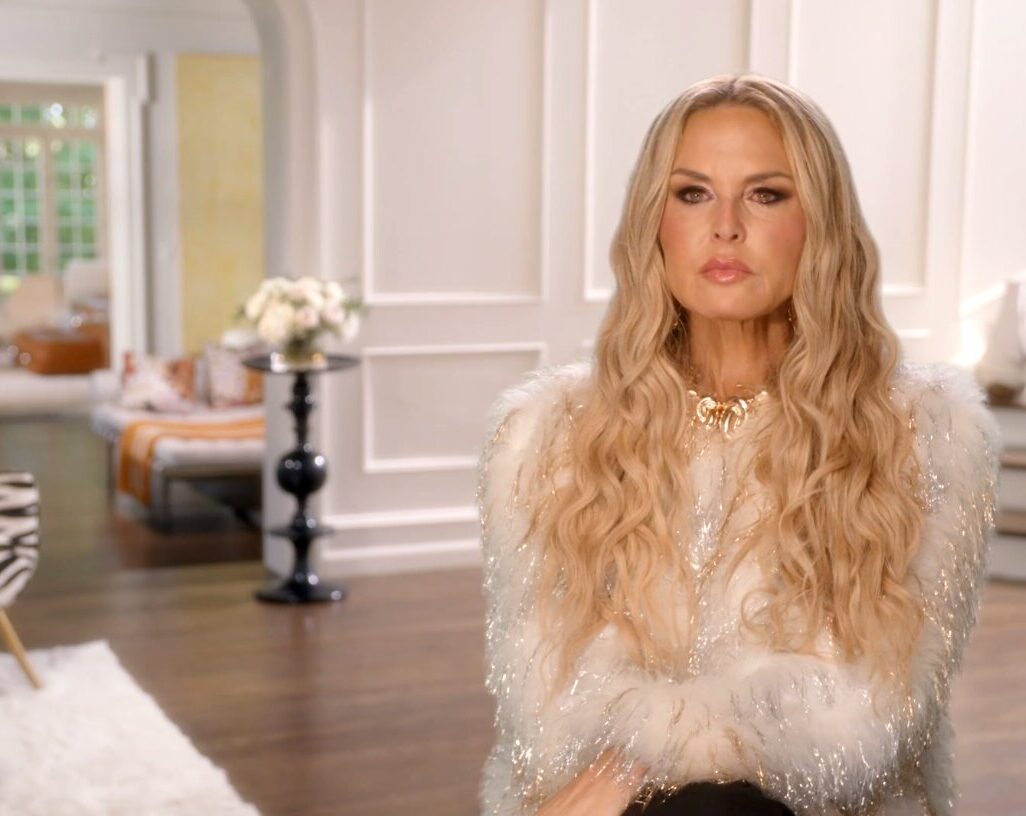
Credit: Lev Radin/Shutterstock, Darla Khazei/INSTARimages
Leah McSweeney filed more legal papers against Andy Cohen, claiming his reaction to her recent lawsuit was meant to “intimidate” her from speaking out. She also alleged he tried to blackball her.
Earlier this year, the Real Housewives of New York alum sued Bravo over the allegation that Andy and other producers exploited her recovery with alcohol to increase ratings. She also claimed Andy gave professional favors to stars who did cocaine with him. A few days after news of the lawsuit broke, Andy’s attorney wrote a letter that was leaked to the press, saying her allegations were libel and he’d sue for damages if she didn’t withdraw them.
Now, in addition to her initial allegations, Leah filed a new claim about Andy concerning his response to the lawsuit. Per Page Six, she alleged Andy and his lawyers attempted to intimidate the star into remaining quiet.
In her amendment to the suit, she claimed Andy “retaliated” by getting his attorneys to threaten her senselessly in public, tearing her apart through the press and attempting to have her blackballed in the entertainment industry, calculatingly trying to scare her – and other Bravolebs who may speak out against him – from talking.
Leah claimed Andy’s attorneys may have used this strategy because they hoped Leah and any of her colleagues might be too scared of a potential libel suit to speak.
The lawsuit alleged Andy’s letter was meant to “intimidate Ms. McSweeney out of further pursuing” the suit and “maliciously” discourage other stars from “objecting” to related behavior.
The suit also claimed that Andy was hoping his attorney’s statement would negatively affect Leah’s “reputation in the entertainment industry, thereby negatively affecting [her] prospective employment or business opportunities.”
After Leah filed the initial suit, Andy denied all allegations, and the network later said an outside investigation cleared him of the accusations.
The aforementioned letter (written by Andy’s attorney) stated via ET: “The allegations were obviously made up by you and/or your client to achieve maximum tabloid clickbait value in the hopes of weaponizing these false allegations—along with other lies that permeate the complaint—as leverage to force an unjustified settlement. It will not. Instead, this conduct only subjects you and your client to independent and substantial legal exposure.”







